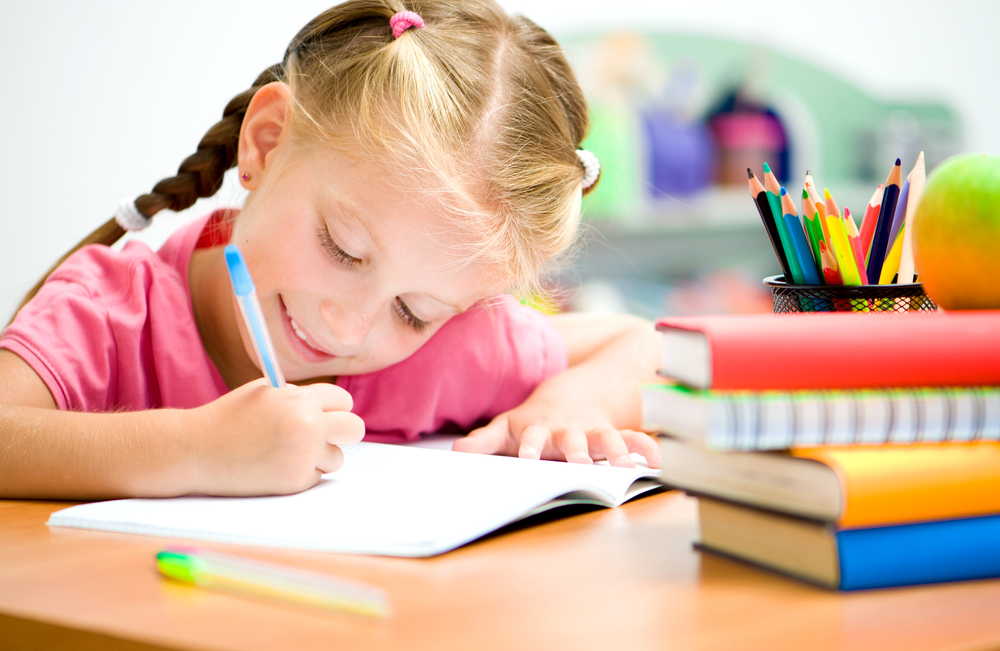Critical Thinking Normal Science Worksheets for Ages 4-8
21 filtered results
-
From - To
Discover our engaging "Critical Thinking Normal Science Worksheets" designed specifically for children ages 4-8. These worksheets promote curiosity and inquiry while enhancing crucial reasoning skills through fun, age-appropriate activities. Kids will enjoy hands-on exercises that encourage them to ask questions, make predictions, and draw conclusions about the world around them. Each worksheet aligns with early science concepts, allowing children to explore topics like nature, animals, and simple experiments. Perfect for home or classroom use, these resources foster a love of learning and help develop confident, critical thinkers from a young age. Explore our collection for endless learning opportunities!


Matter: Assessment 1 Worksheet
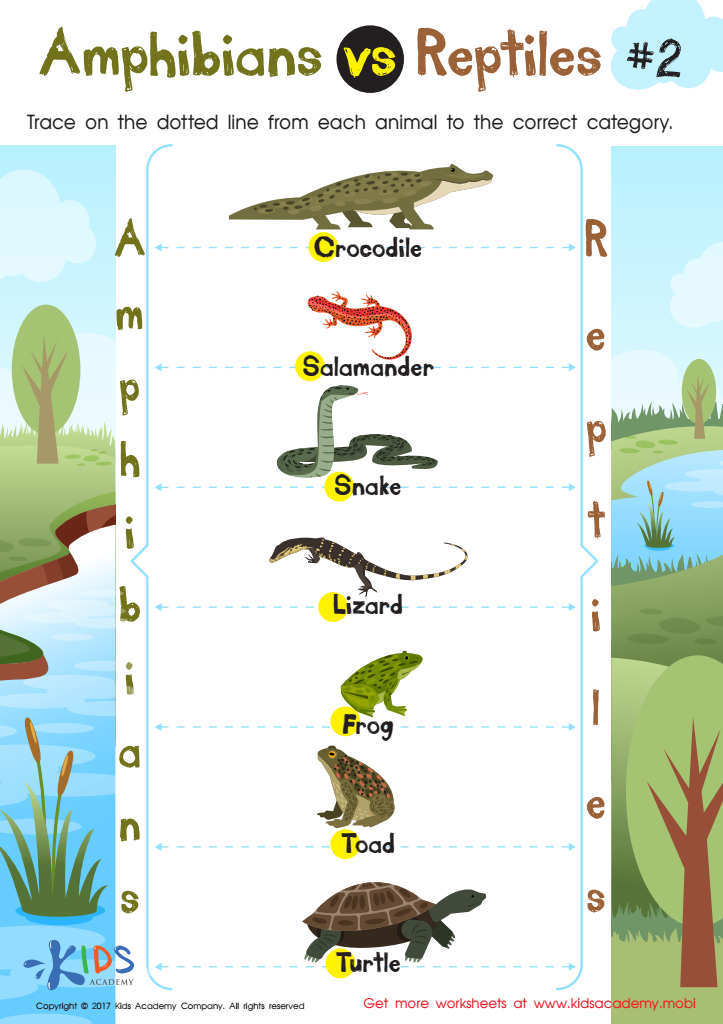

Amphibians vs Reptiles Worksheet for 3rd Grade
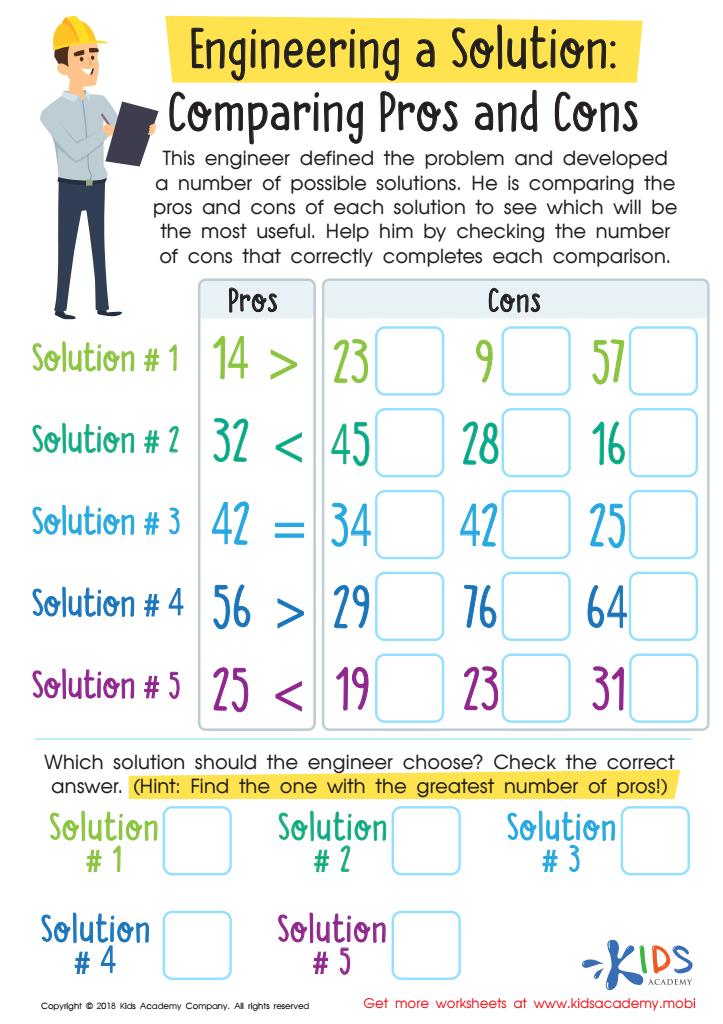

Engineering a Solution: Comparing Pros and Cons Worksheet


Sorting Animals in 3 Groups Worksheet
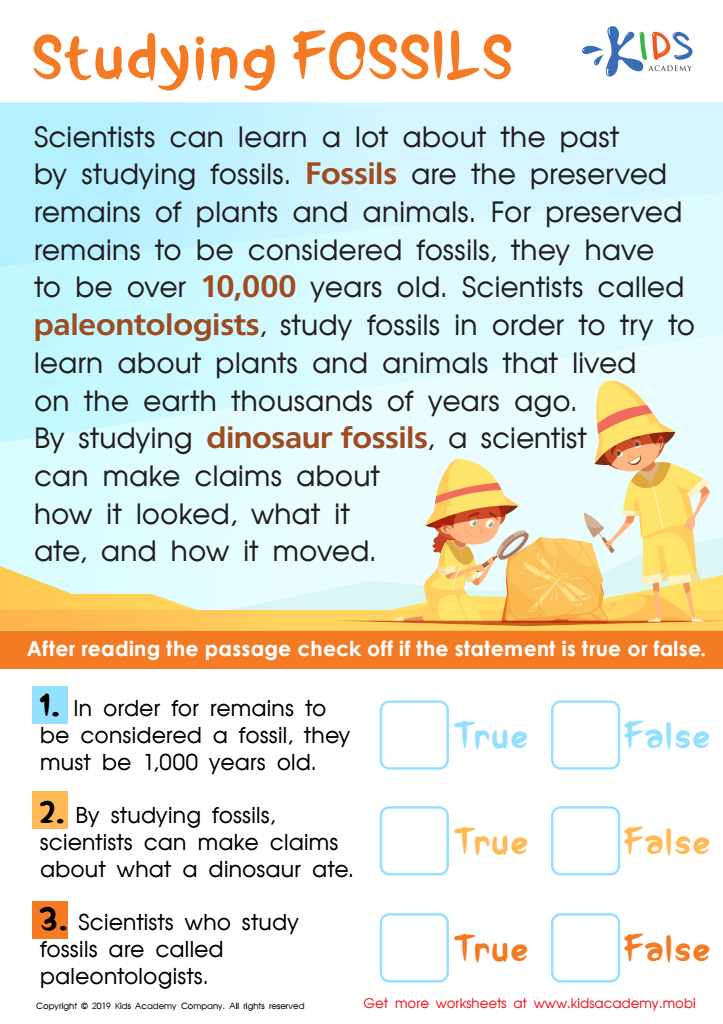

Studying Fossils Worksheet


Herbivores Printable
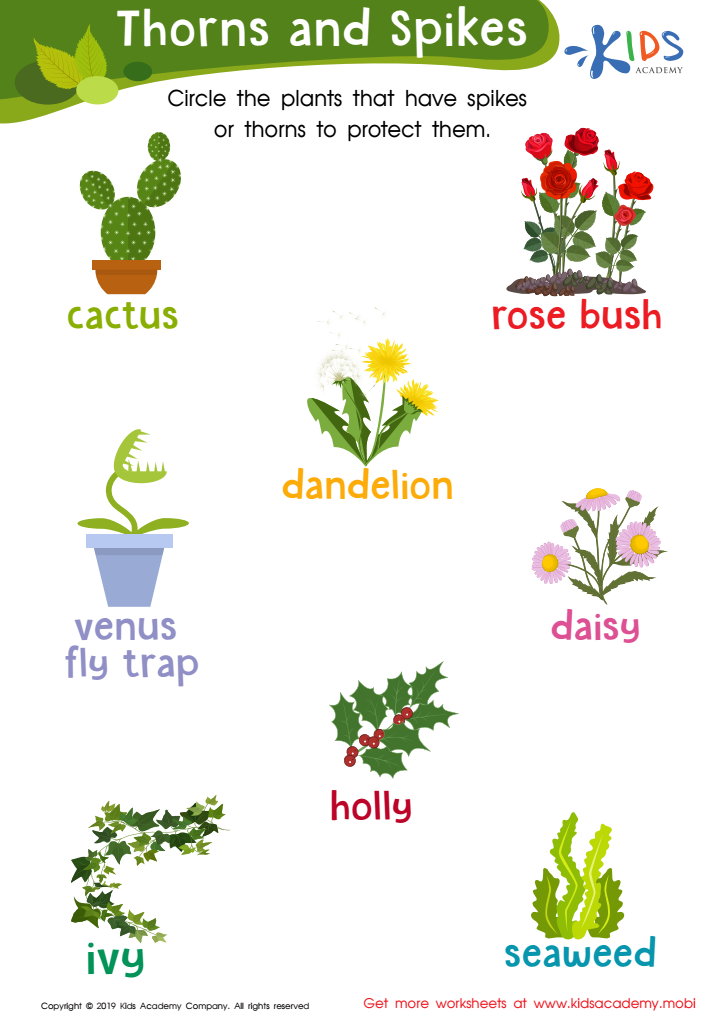

Thorns and Spikes Worksheet
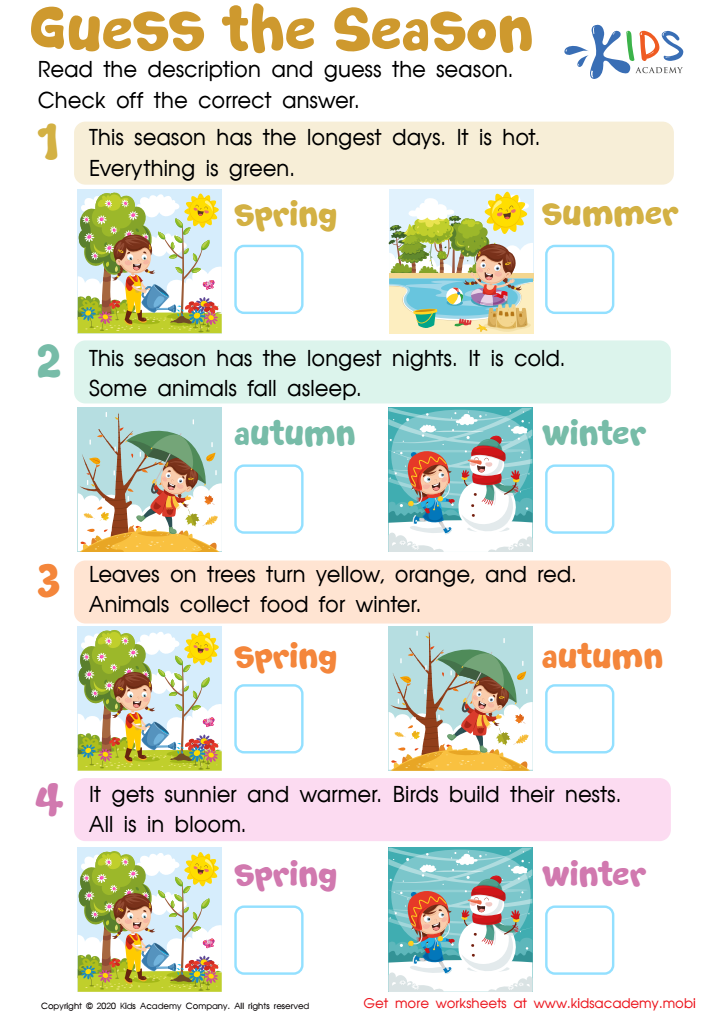

Guess the Season Worksheet
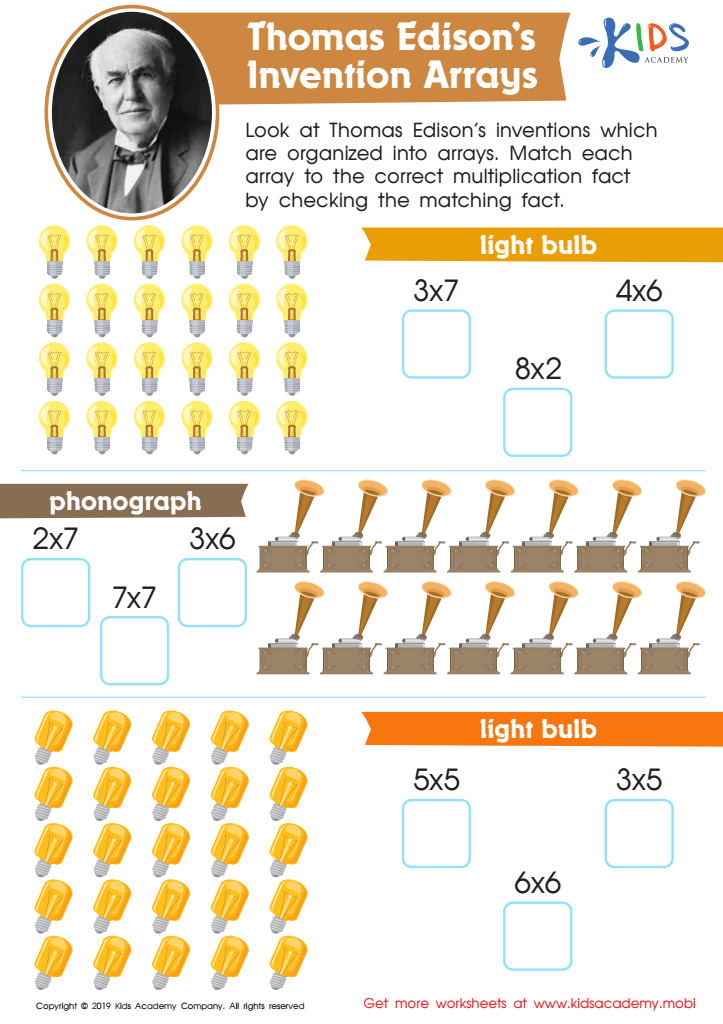

Thomas Edison’s Invention Arrays Worksheet
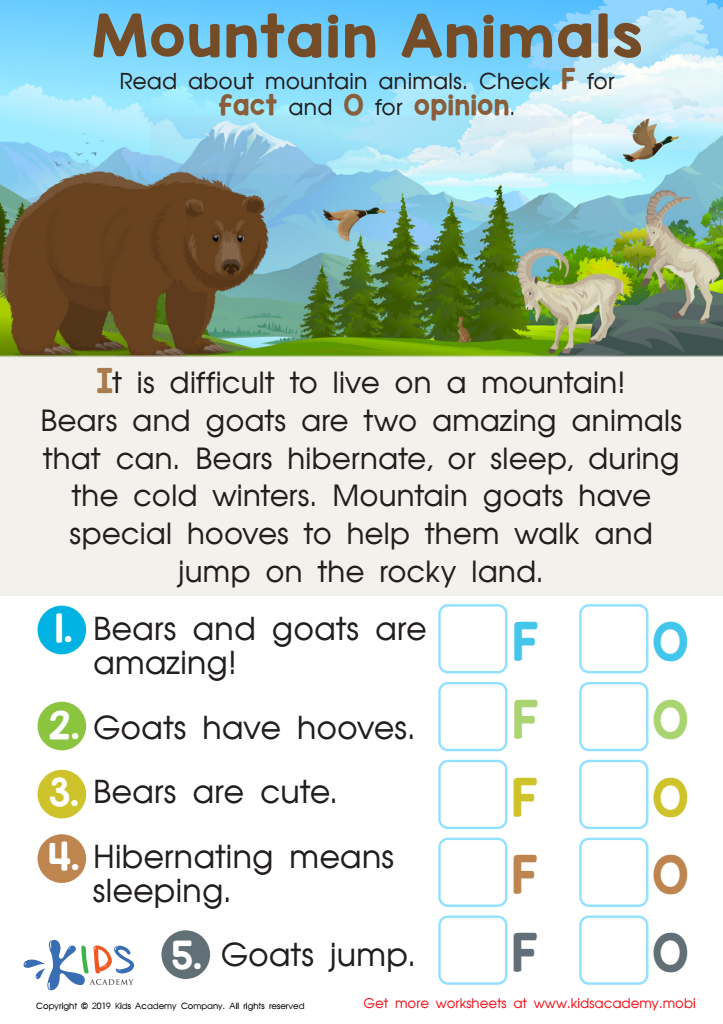

Mountain Animals Worksheet
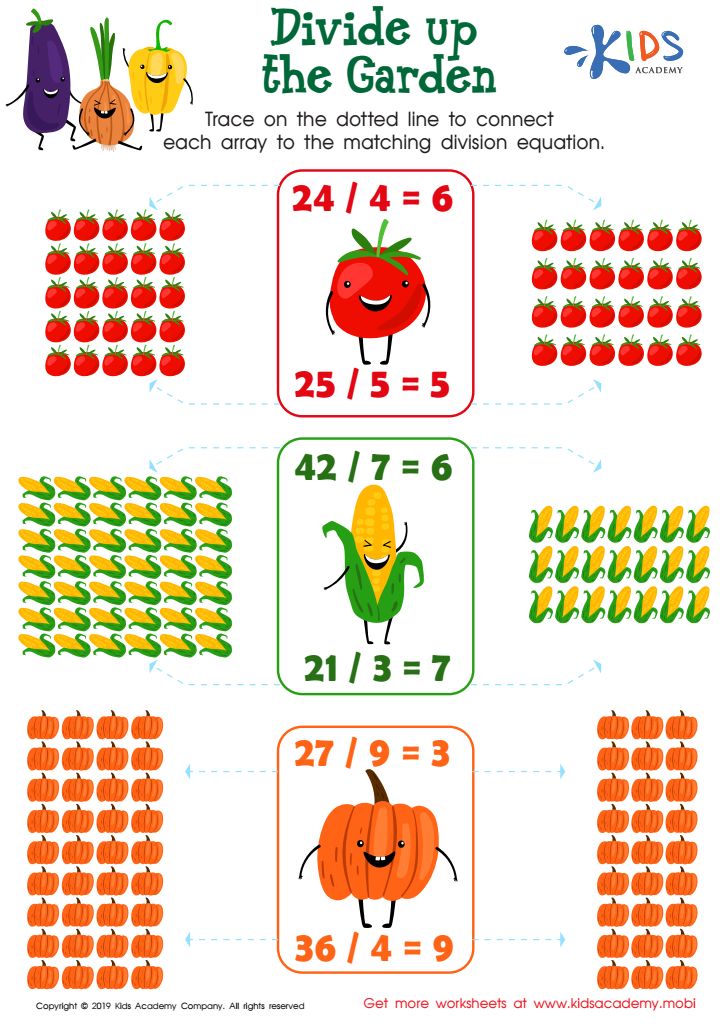

Divide up the Garden Worksheet
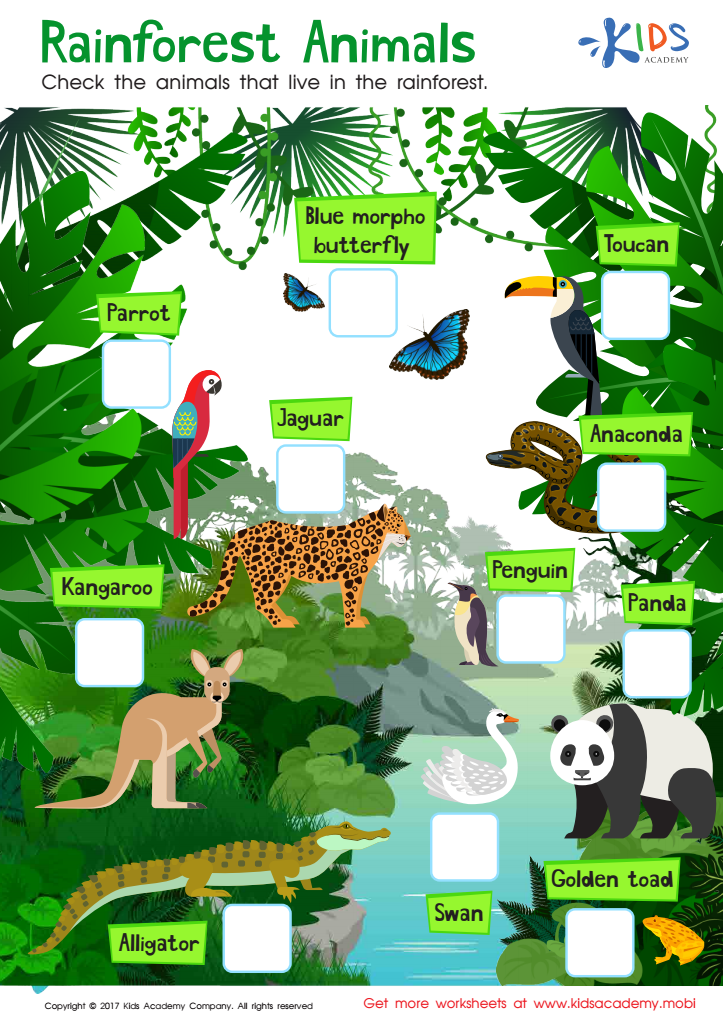

Rainforest Animals Worksheet
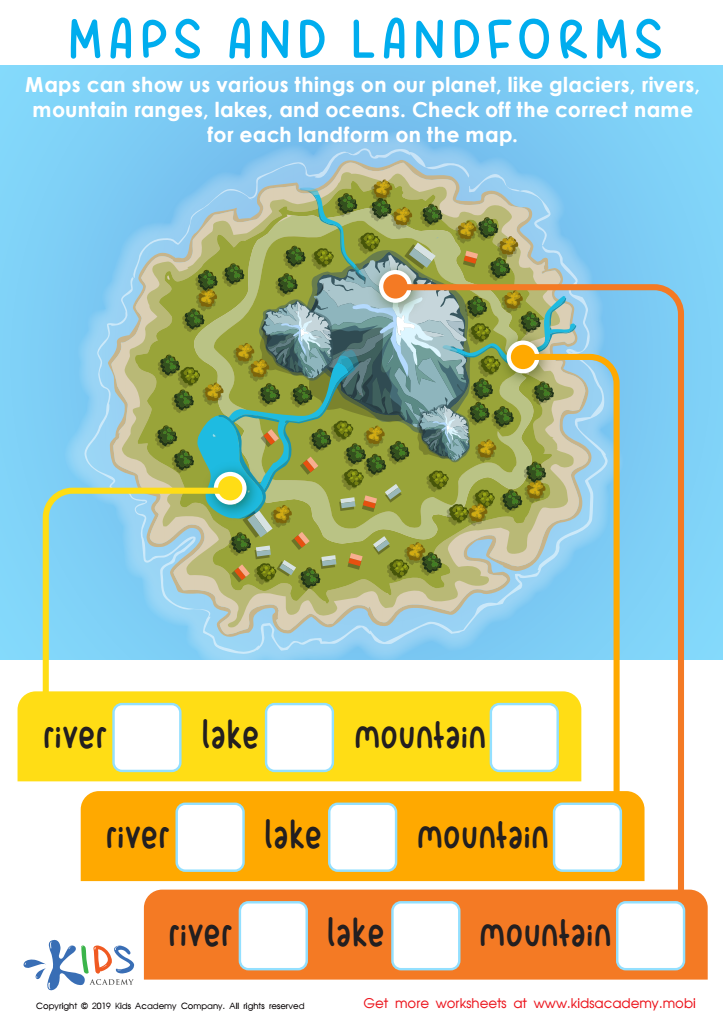

Maps and Landforms Worksheet
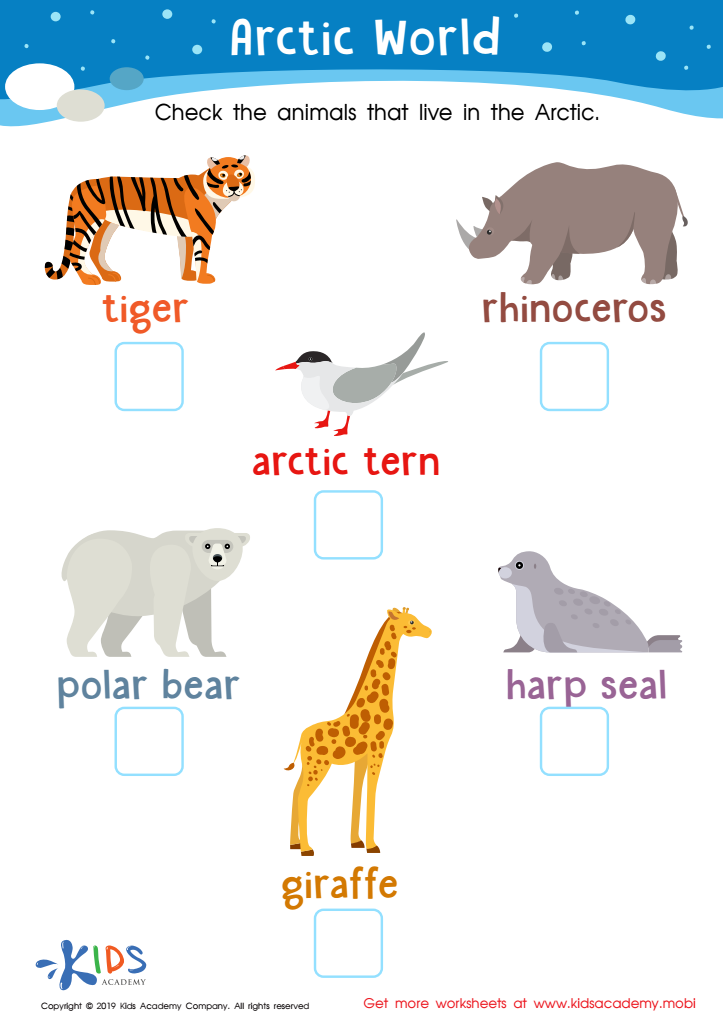

Arctic World Worksheet
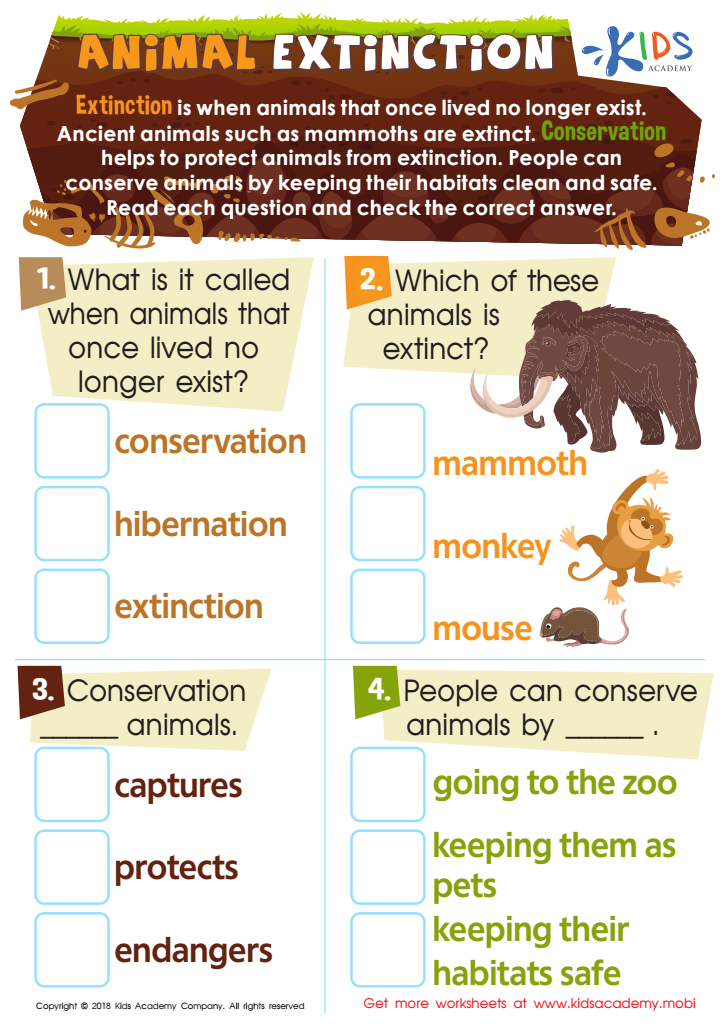

Animal Extinction Worksheet
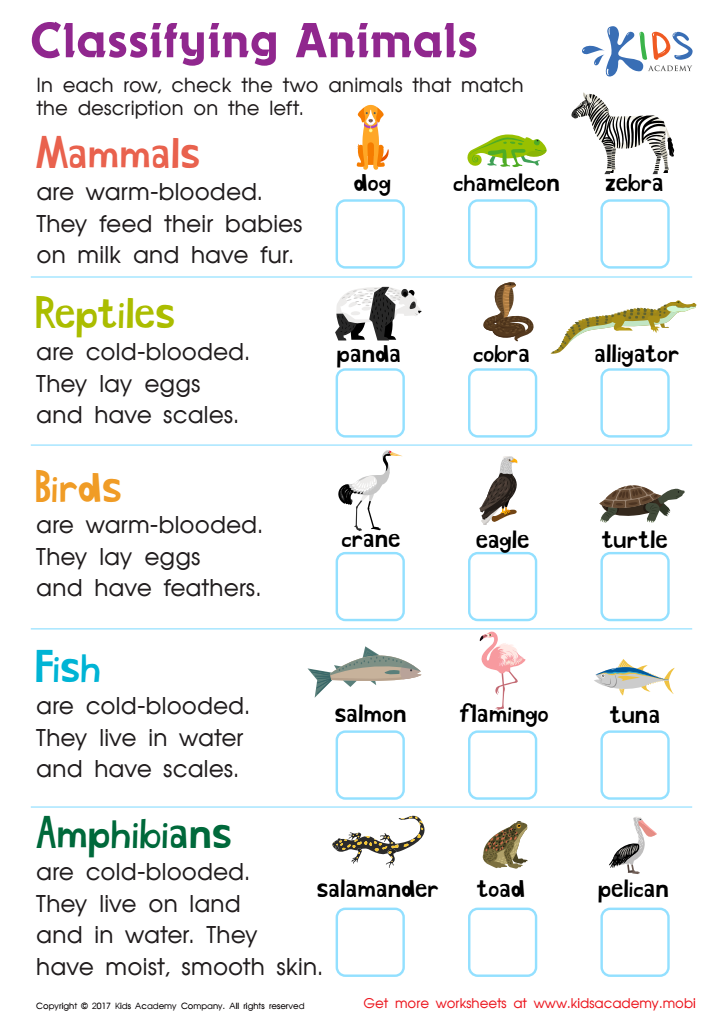

Classifying Animals Worksheet


Animals and Plants: Assessment 2 Worksheet
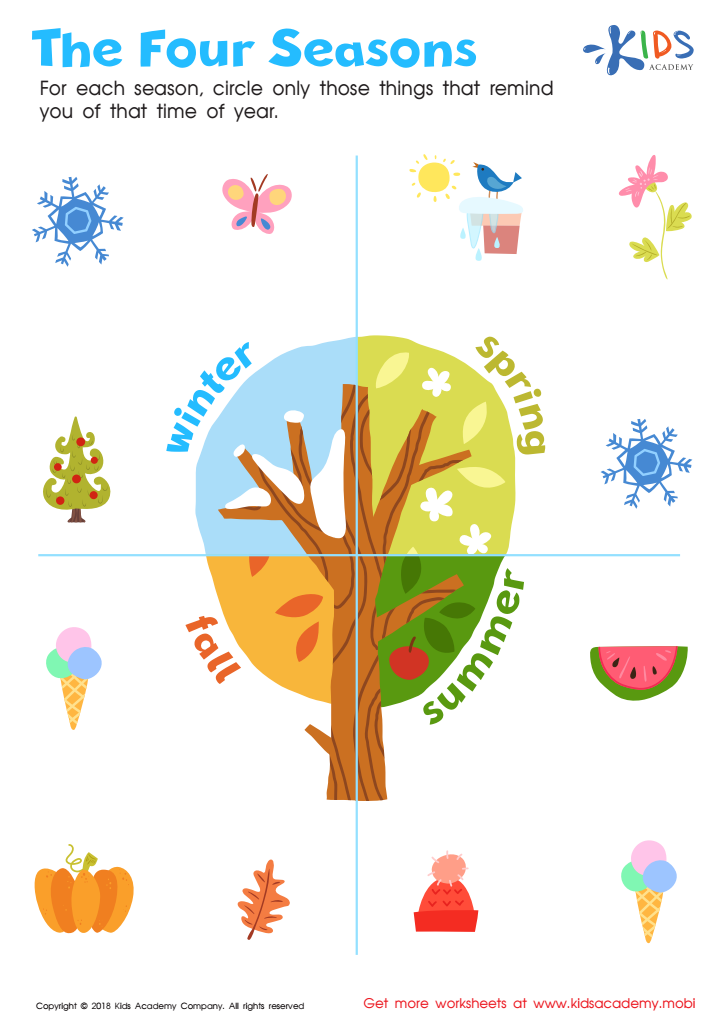

The Four Seasons Worksheet


Animals and Plants: Assessment 1 Worksheet
Critical thinking is essential for children aged 4-8 as it lays the foundation for their future learning and decision-making abilities. At this stage, children's brains are highly adaptable, making it the perfect time to cultivate analytical skills. Engaging young learners in critical thinking normal science—simple, everyday scientific concepts—encourages curiosity and questions, fostering a ‘why’ and ‘how’ mindset.
Teachers and parents should care because these early skills can lead to improved problem-solving capabilities and a deeper understanding of the world. By incorporating activities that promote observation, analysis, and reflection, such as asking open-ended questions or conducting simple experiments, adults can support children's cognitive development.
Moreover, critical thinking in science enhances creativity, enabling children to explore multiple solutions to a problem. This not only nurtures their inquisitive nature but also builds resilience as they learn to embrace challenges and learn from failures.
Finally, fostering these skills early helps children become informed citizens who can critically evaluate information in a world saturated with media and advertising. In sum, nurturing critical thinking through normal science education is vital for holistic development and prepares children for future academic and life challenges.
 Assign to My Students
Assign to My Students

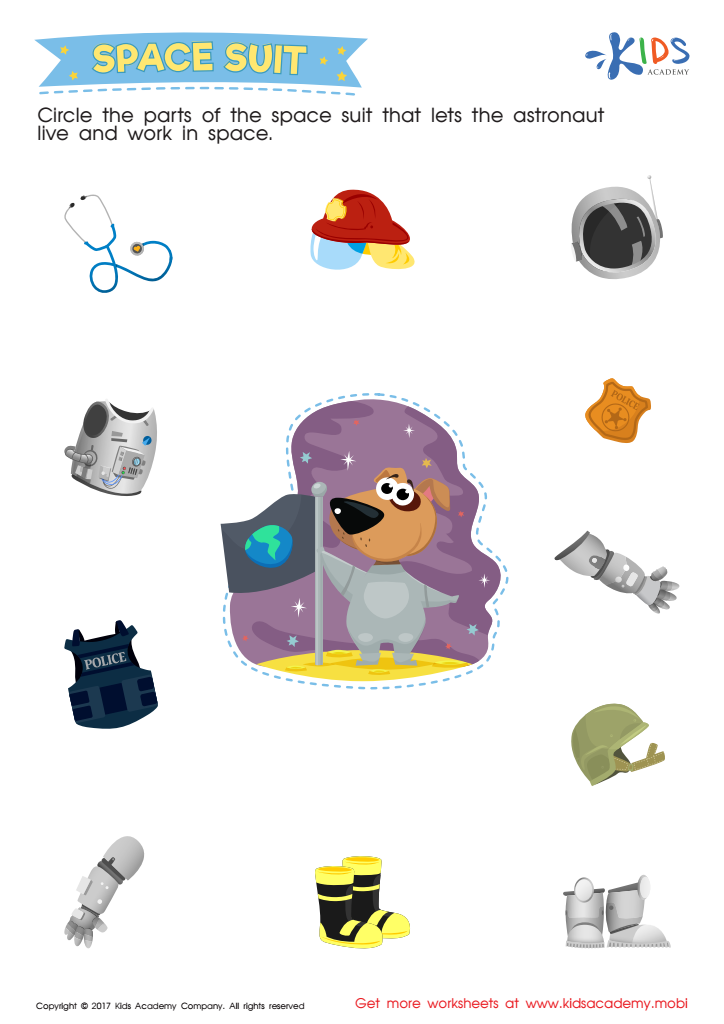






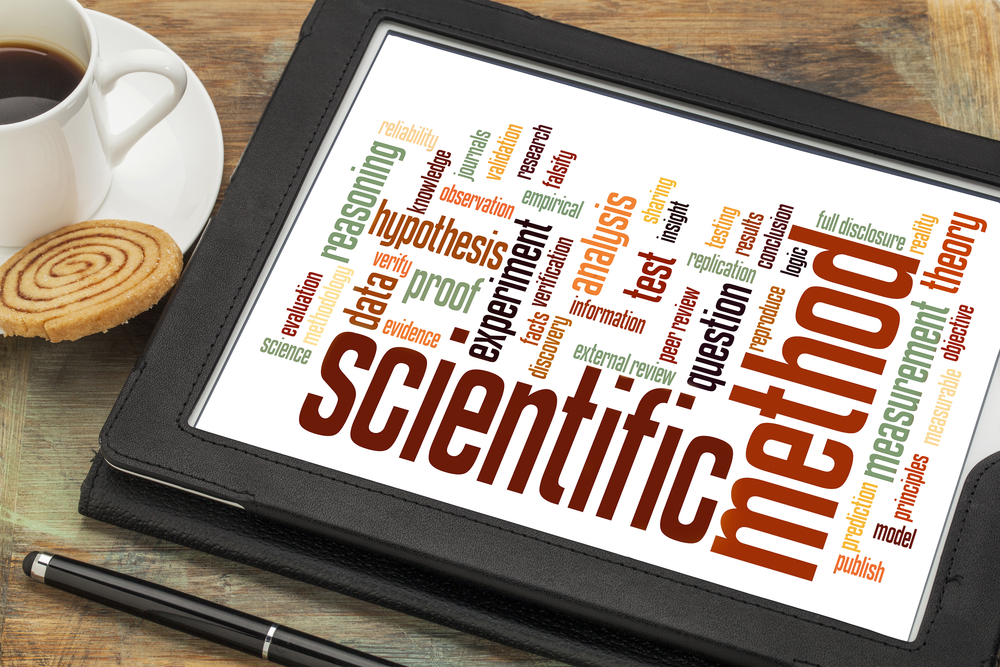

%20(1).jpg)

